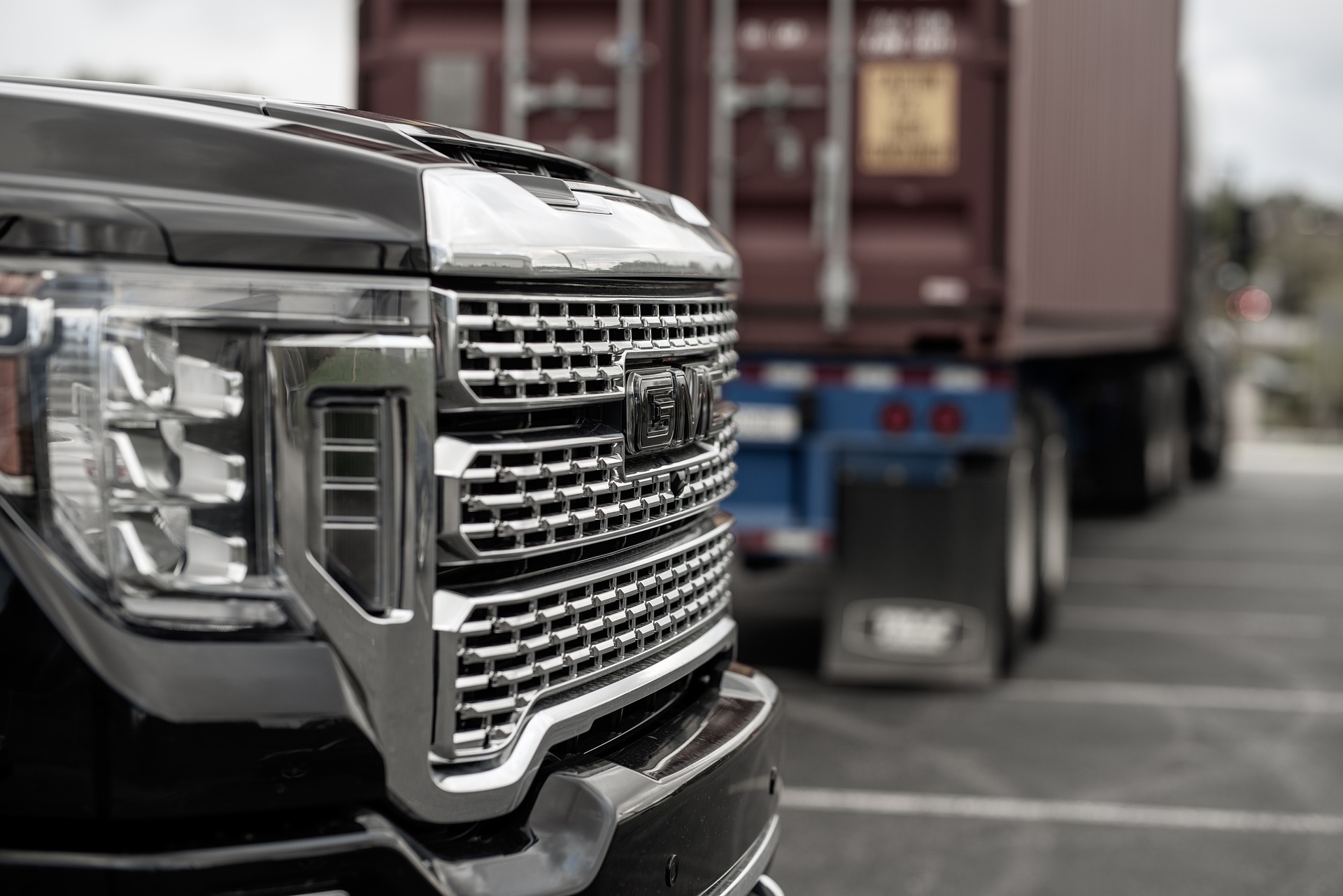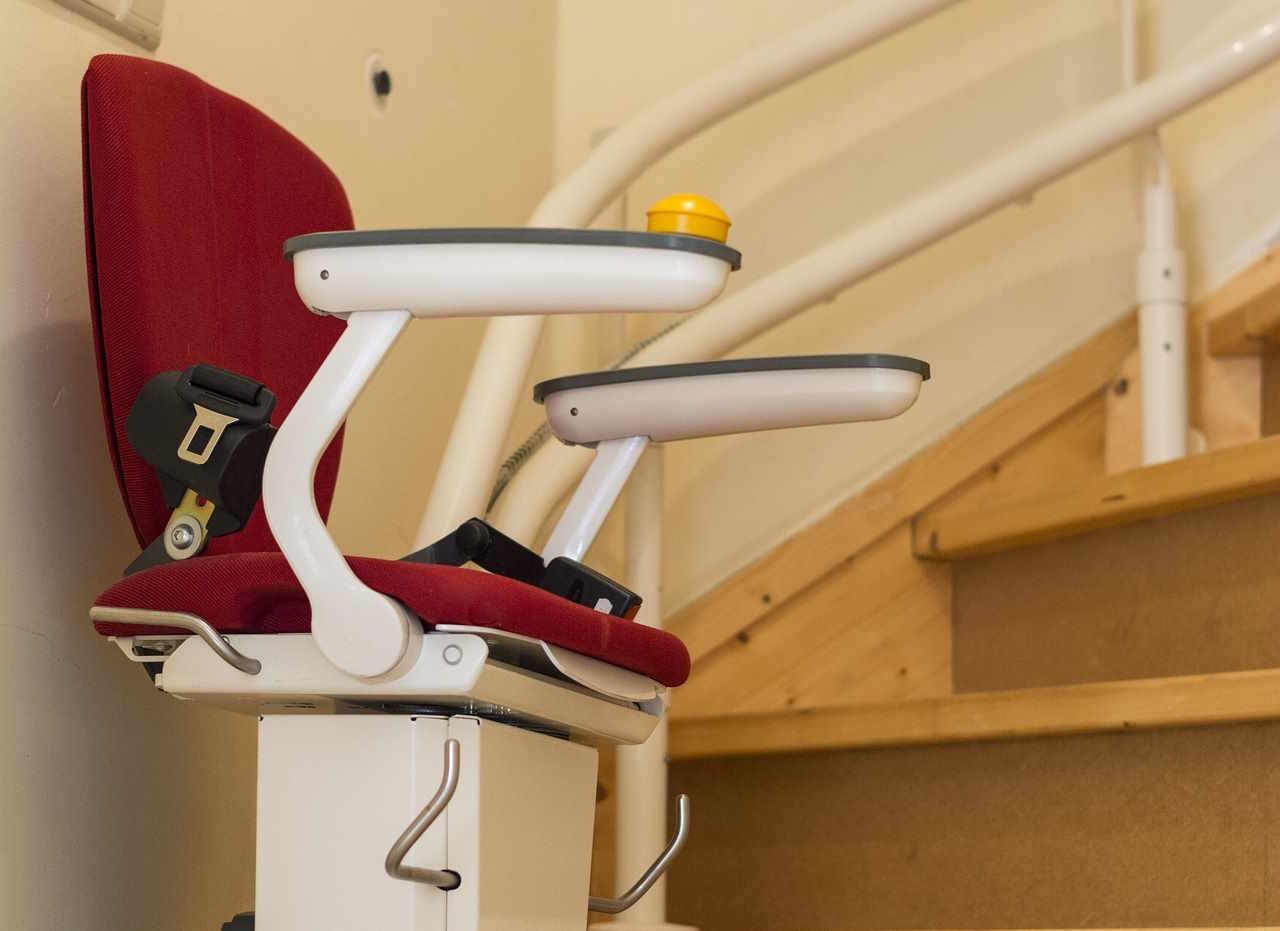Military Truck Auctions: Understanding Market Options
Military trucks represent a unique segment of the commercial vehicle market, offering robust construction and specialized capabilities developed for defense applications. These vehicles transition into civilian markets through various channels, with government auctions serving as primary distribution methods. Understanding the auction process, pricing structures, and available vehicle types helps potential buyers make informed decisions when considering military truck purchases.

How Military Vehicle Auctions Work
Military vehicle auctions operate through government surplus programs designed to liquidate retired equipment. The Defense Logistics Agency typically manages these sales through online platforms and physical auction sites. Vehicles undergo inspection processes before listing, with condition reports detailing mechanical status and required repairs. Buyers must register for auction participation, often requiring business licenses or specific documentation. Preview periods allow potential purchasers to examine vehicles firsthand, though some auctions operate entirely online with photo documentation.
The auction format varies between sealed bid and live bidding systems. Sealed bid auctions require participants to submit maximum offer amounts before deadline dates, while live auctions feature real-time competitive bidding. Payment terms typically demand immediate settlement or short-term financing arrangements. Successful bidders assume responsibility for vehicle transportation and any necessary export documentation for international purchases.
Understanding Military Truck Auction Categories
Military truck auctions feature diverse vehicle classifications suited for different applications. Cargo trucks represent the largest category, including models like the M35 series and newer Family of Medium Tactical Vehicles. These platforms offer payload capacities ranging from 2.5 to 10 tons, with both wheeled and tracked variants available. Specialized vehicles include fuel tankers, maintenance trucks, and communications platforms equipped with unique operational equipment.
Condition classifications significantly impact auction outcomes. Vehicles rated as operational typically command higher prices but may still require maintenance or upgrades for civilian use. Non-operational units often appeal to restoration enthusiasts or buyers seeking parts inventory. Some auctions include vehicle lots sold as packages, potentially offering better value for commercial operations requiring multiple units.
Age and model year influence both availability and pricing structures. Older vehicles may lack modern emissions compliance or safety features required for road use, while newer models often incorporate advanced technologies and improved reliability standards.
Military Vehicle Price Factors and Market Trends
Several factors influence pricing in military vehicle auctions beyond basic supply and demand dynamics. Vehicle condition assessments directly correlate with final sale prices, as operational units require less immediate investment compared to restoration projects. Rarity and collector interest drive premium pricing for specific models, particularly Vietnam-era vehicles or unique specialized platforms.
Geographic location affects both auction participation and final pricing. Areas with strong agricultural or industrial sectors often see higher demand for cargo trucks suitable for heavy-duty applications. International shipping costs and export restrictions may limit overseas buyer participation, potentially reducing competition for certain auctions.
Market timing influences auction outcomes, with seasonal patterns affecting demand for different vehicle types. Construction and agricultural busy seasons typically increase interest in utility vehicles, while winter months may see reduced bidding activity in northern regions.
| Vehicle Type | Typical Price Range | Condition Notes |
|---|---|---|
| M35 Cargo Truck | $8,000 - $25,000 | Varies by operational status |
| HMMWV (Humvee) | $15,000 - $40,000 | Civilian conversion required |
| M923 5-Ton Truck | $12,000 - $35,000 | Popular commercial choice |
| Specialty Vehicles | $5,000 - $50,000+ | Depends on equipment included |
Prices, rates, or cost estimates mentioned in this article are based on the latest available information but may change over time. Independent research is advised before making financial decisions.
Preparing for Military Vehicle Auction Participation
Successful auction participation requires thorough preparation and realistic budget planning. Research specific vehicle models beforehand to understand typical maintenance requirements, parts availability, and civilian conversion needs. Many military vehicles require modifications for street legal operation, including lighting upgrades, emissions compliance, and safety equipment installation.
Financial preparation extends beyond auction prices to include transportation costs, immediate repairs, and ongoing maintenance expenses. Military vehicles often use specialized parts and may require mechanics familiar with military specifications. Insurance considerations differ from standard commercial vehicles, as some providers offer specialized coverage for military surplus equipment.
Registration requirements vary by state and intended vehicle use. Some jurisdictions restrict military vehicle registration for road use, while others permit operation with appropriate modifications. Commercial applications may face different regulatory requirements compared to private ownership, particularly regarding weight limits and operational restrictions.
Documentation collection helps streamline the purchase process. Required paperwork typically includes government-issued identification, business licenses for commercial buyers, and proof of insurance or bonding for high-value purchases. International buyers need additional export documentation and may face extended processing times.
Military vehicle auctions provide access to robust, purpose-built trucks suitable for demanding applications. Understanding auction processes, pricing factors, and preparation requirements enables informed decision-making for potential buyers. While these vehicles offer unique capabilities and often represent good value propositions, successful ownership requires realistic assessment of conversion costs, maintenance requirements, and intended use applications. Proper research and preparation help ensure positive outcomes in this specialized vehicle market segment.




